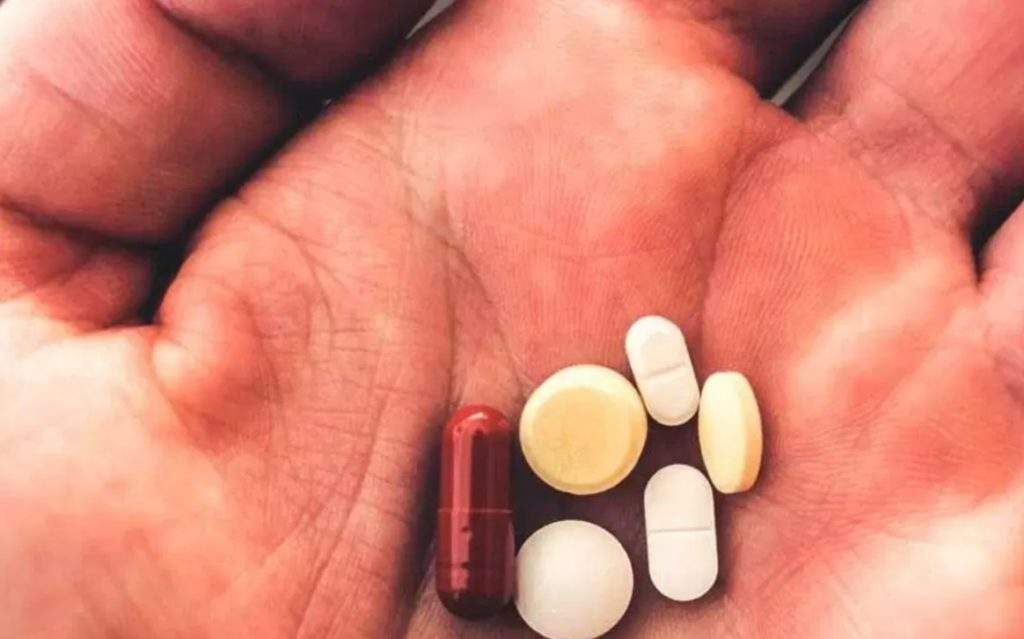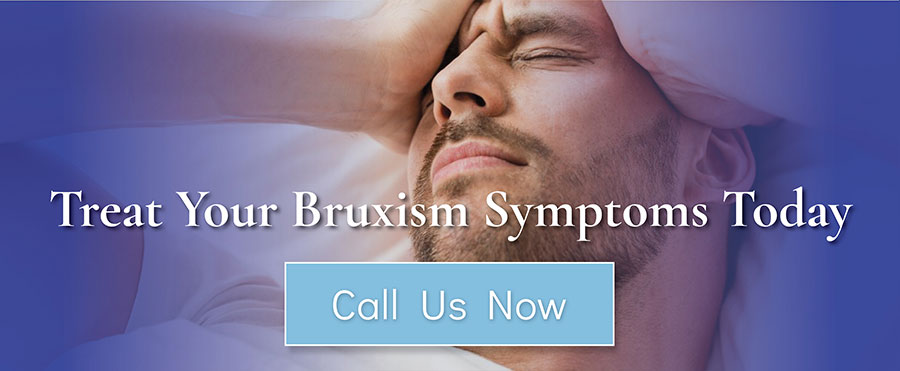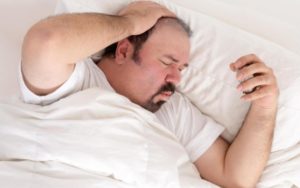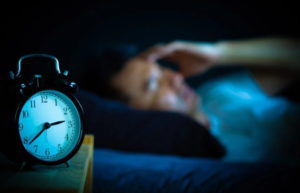Bruxism is when you clench and grind your teeth while you sleep. This is a medically diagnosed condition that should be addressed, especially if you experience pain. There are a variety of treatment methods available for bruxism and drug therapy is one of them.
Using Muscle Relaxants for Bruxism
If you have difficulty alleviating the symptoms of bruxism, medical experts recommend the intake of muscle relaxants. This is the most common form of medication for TMJ disorders, such as bruxism or teeth grinding. But before you buy this medication over-the-counter, make sure to consult with your doctor first to make sure you get their approval.
Acetaminophen is the generic name for the muscle relaxants that are used for bruxism. This medication works by temporarily reducing the pain in your jaw by inhibiting muscle contraction. It is important to note that it won’t help reduce inflammation, though. Another benefit for the intake of muscle relaxants is that it can decrease muscle spasm that can cause pain in your jaw area.
Other types of medications used for treating pain due to bruxism include corticosteroids and tricyclic anti-depressants.
Natural Medication for Bruxism
If you are opposed to the idea of using medications to treat bruxism, you can take comfort in the fact that there are natural relief options available. One of them is the intake of a dietary mineral like magnesium. This chemical is responsible for carrying out more than 300 biochemical reactions to ensure optimal bodily functions. It is therefore an important component in correcting bodily responses and systems, such as bruxism.
There are various sources of magnesium to incorporate into your daily diet. Leafy greens and a whole foods diet can help boost your magnesium levels. You can also take 200-400 mg of magnesium supplements right before bedtime.
Experts also believe that stress management techniques can help ease bruxism. Since teeth grinding is linked to stress, lowering your stress level can alleviate the condition. Make sure to practice how to activate your relaxation response and to take frequent breaks.
Traditional Methods to Treat Bruxism
There are several traditional methods recommended for treating bruxism, which includes the following:
- Medications – The intake of muscle relaxants will enable you to address the pain caused by bruxism. But it is not a form of treatment but rather as part of a complementary approach to treatment.
- Bite Guard – Wearing a bite guard (in plastic form) is one of the steps recommended to stop teeth grinding. This alone cannot address the problem, though. Make sure you consult with an expert about your problem with teeth grinding.
- Special Splint – The use of a special splint is also recommended for patients with bruxism. It is worn at night to help you breathe properly while you sleep.
- Surgery – This is still the most effective way to stop bruxism, especially if the pain is extreme. There are long-term side effects so make sure you discuss this with your doctor prior to getting surgery done.
The best way to address bruxism is to treat the cause – plain and simple. Only qualified experts can make the recommendation on the best course of treatment.



























